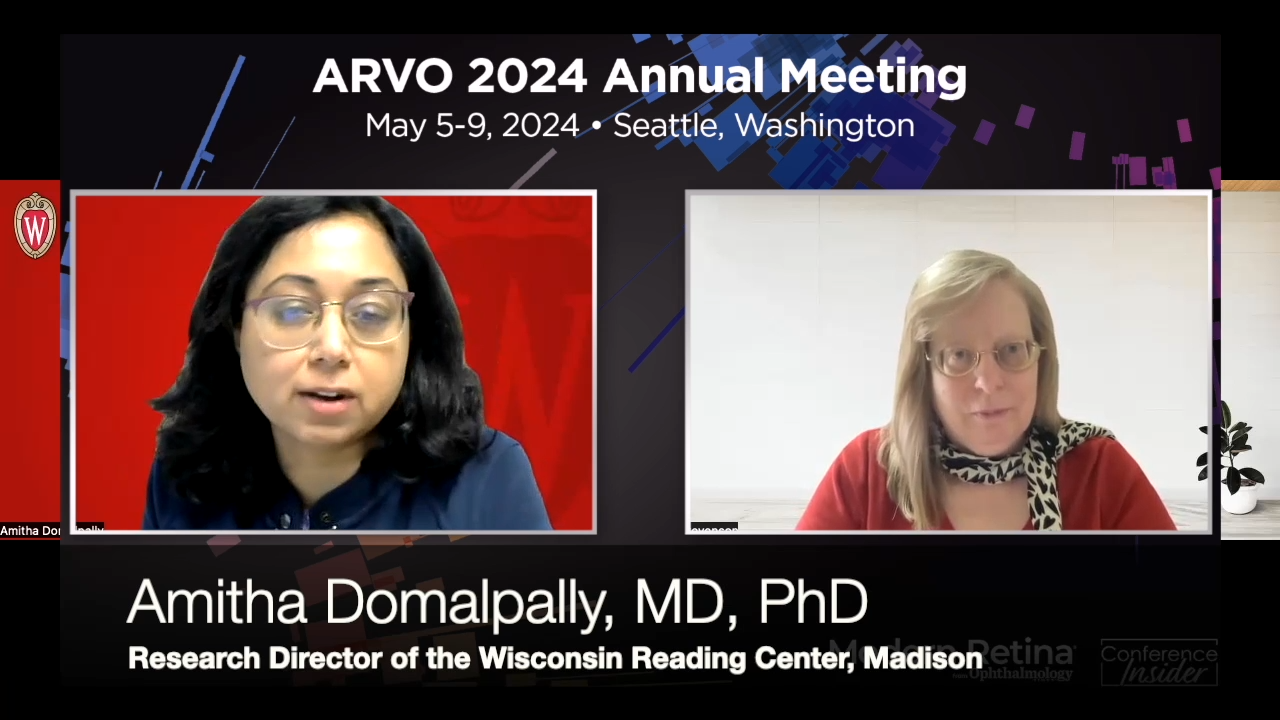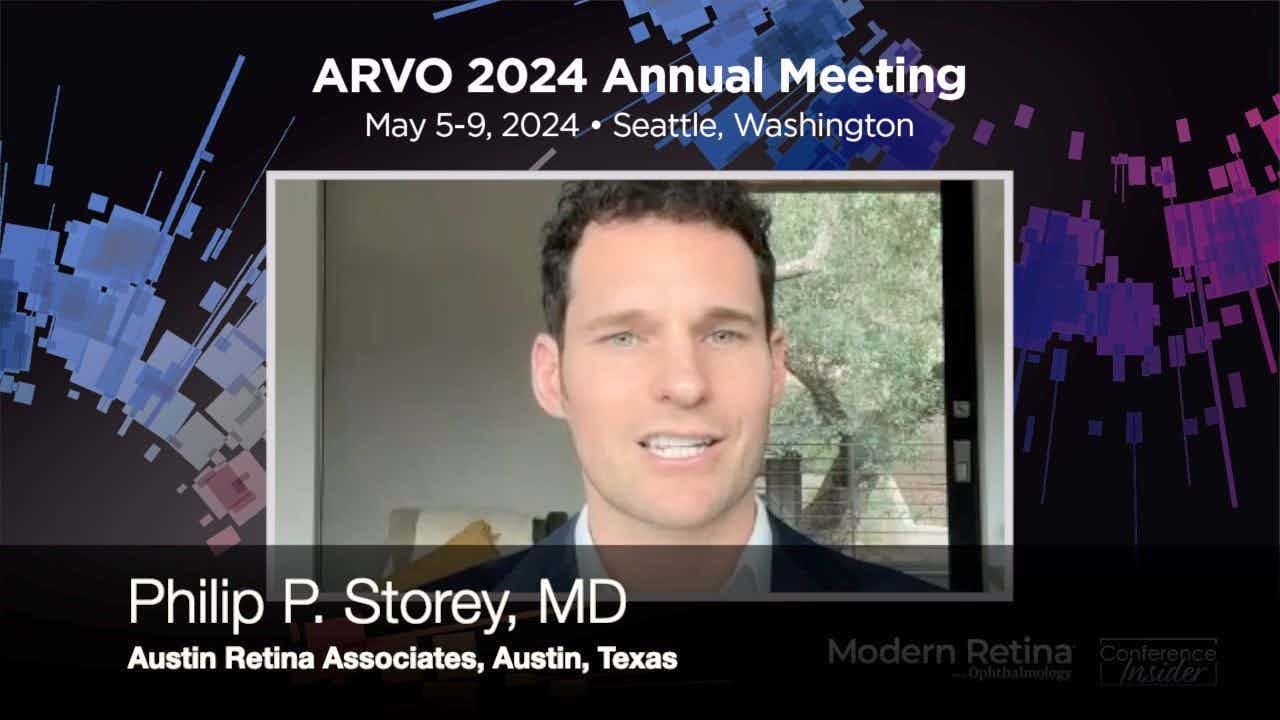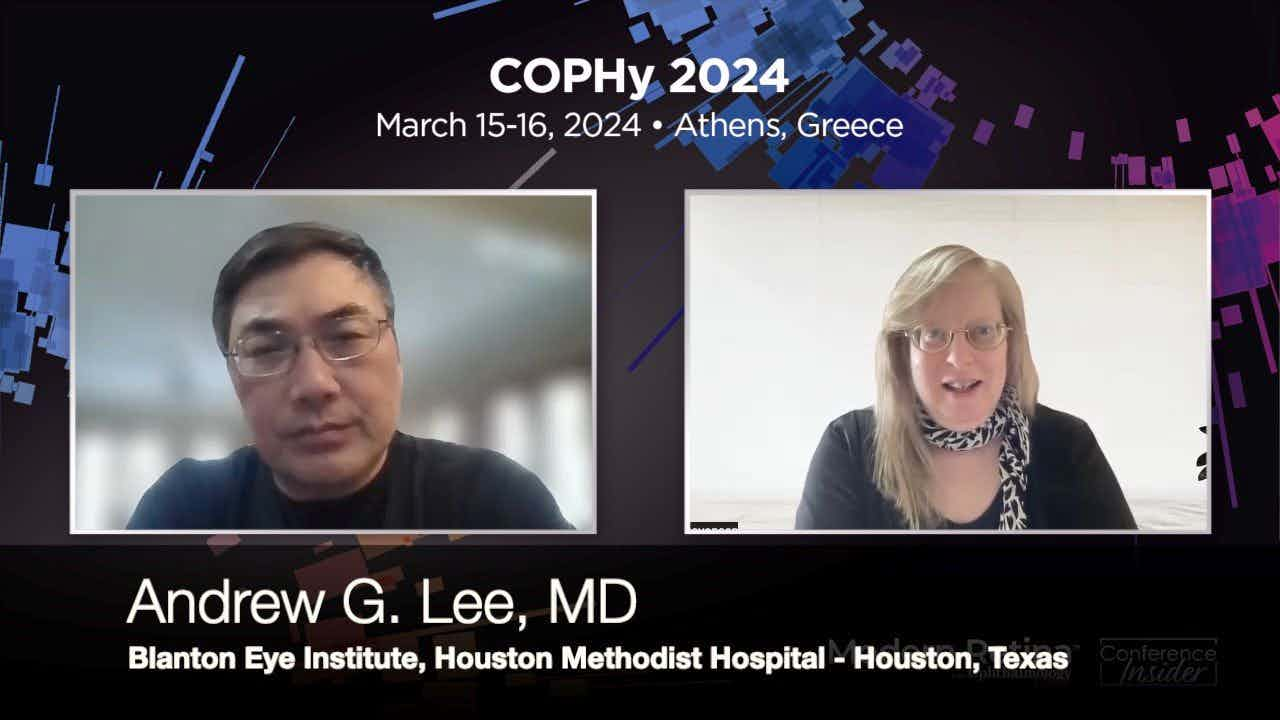RWC 2024: 4DMT's gene therapy program for wet AMD
Modern Retina spoke with Veeral Sheth, MD, MBA, FASRS, FACS, at the 2024 Retina World Congress meeting about the PRISM study, 4DMT's gene therapy trial for wet AMD.
Modern Retina spoke with Veeral Sheth, MD, MBA, FASRS, FACS, at the 2024 Retina World Congress meeting about the PRISM study, 4DMT's gene therapy trial for wet AMD.
Video Transcript:
Editor's note: The below transcript has been lightly edited for clarity.
Veeral Sheth, MD, MBA, FASRS, FACS:
My name is Veeral Sheth. I'm the Director of Clinical Trials, University Retina and Macula Associates, in Chicago, Illinois. Today I spoke about 4DMT's PRISM study, looking at 4D-150, which is a dual transgene gene therapy for neovascular AMD. We looked at data from the Phase 2 clinical trial, and looking at this dual transgene which delivers both aflibercept and an anti-VEGF-C component to it. In that 24 week data, we're looking at safety, we're looking at efficacy. And what we found at 24 weeks is that we saw an 89% reduction in treatment burden in patients receiving the 4D-150, compared to the patients receiving two milligrams of aflibercept every 8 weeks. We also saw that 63% of these patients receiving the higher dose of the study drug did not need rescue therapy at 24 weeks. So, in all, we want to see these types of results with efficacy in terms of reducing treatment burden for these patients that otherwise were very high-needs patients. These patients coming into the trial needed 10 injections per year and came into the study with 420+ µm of central thickness, showing us that these patients were high needs, needed a lot of therapy, would have otherwise needed frequent injections. And so I think that's really what we're looking for in gene therapy. In terms of safety, we also saw that these patients did incredibly well. Patients received a 20-week, topical steroid taper. And...93% of those patients did not need any kind of extension of their steroids. They they finished their 20 weeks of steroid therapy. Only one patient needed 26 weeks of steroid therapy. No patients had clinically significant intraocular inflammation. So again, we see something in terms of efficacy here, as well as safety, which is what we want to see in our in our gene therapies.




.png&w=3840&q=75)











